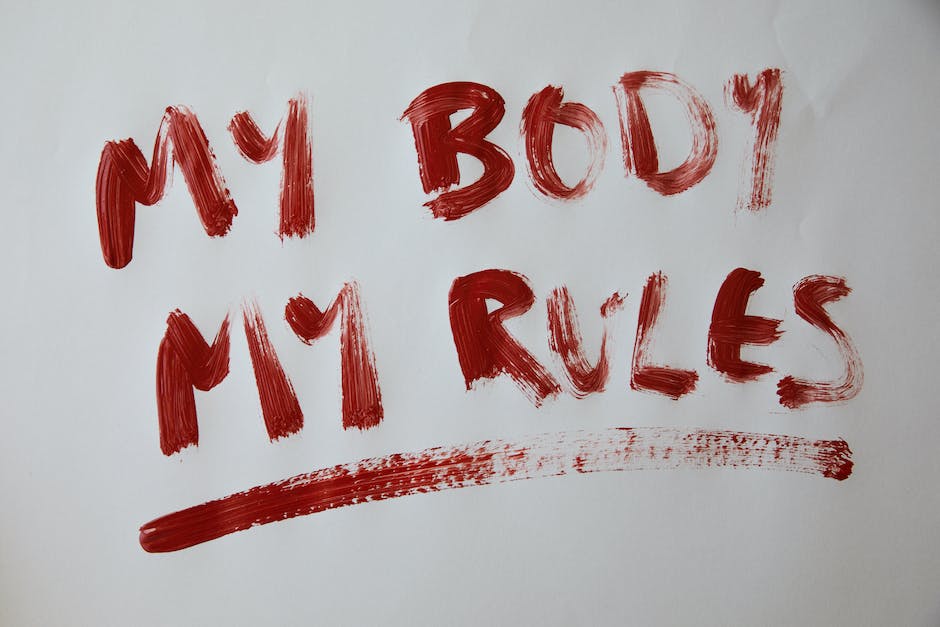Sales force is a marketing term that refers to the people behind the scenes who help build marketable contacts, promote your brand, and generate new customers for your business.
As the name suggests, a sales force consists of people who help generate sales for your business. These individuals can be employees of the company or may be independent professionals.
The role of a salesperson is not only to sell products or services but to develop relationships as well. It is this ability to develop relationships that makes a difference between Sales and Marketing departments.
When it comes to paying someone for work done, there are four key areas that determine whether or not you pay them or not: quality, speed, affordability, and hassle factor.
Calculate how much your products cost
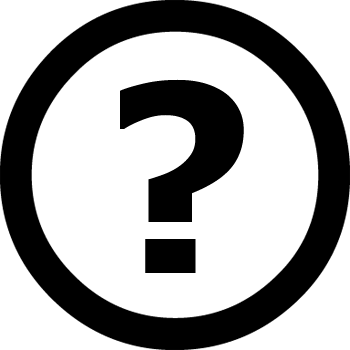
Before you can calculate the cost of your products, you must know how much they cost to produce. This can be difficult to calculate at times, so it is important to do a quick calculation.
To determine how much it cost to make a product, you must first determine when it was made. Most times, this can be done by the manufacturer or distributor. If the product was made only recently and then stored or used, then the cost may be cheaper than if the product was older.
Then, you must figure out how many units were produced for each price. This will give you your total force per month per person per year per force. lastly, divide that by the number of people needed to achieve results.
Calculate how much it would cost to hire a replacement
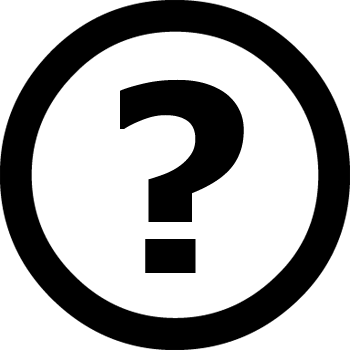
If you were to replace your sales force per month rule with this number, you would save money in the long run. At only $500 for the initial hire and training, you would be paying less to maintain your program than if you ran with this number of people.
This number can be tricky to calculate. You should not use this number as a rule-alright. Only use this number if your average response time is very quick and you need a replacement every few weeks or months.
Many businesses make the mistake of having their sales team size themselves out by using this number. They assume that having their numbers show they are hired and trained will help them manage their teams. They are wrong!
have their sales team size themselves out by using this number.
Compare the costs of both methods
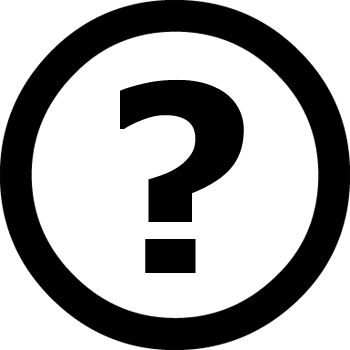
Most businesses don’t offer their sales force on a dedicated program like this, but you can compare the cost of a dedicated sales force program to the cost of a month-to-month plan for your entire team.
Many companies offer year-round support, which is great. However, when you compare the two, year-round support costs more due to additional training and support.
Weekend support is more common than daily support, making year-round support cost more. This may be offset by having extra help available through this support, but weekdays must be present for assistance to work.
Year-to-year contracts can get expensive quickly, especially if someone is cut off from help due to signing up for a monthly plan. A dedicated sales force program can last a year and have updates sent out throughout it, giving everyone help on what they are signing up for.
Pick the method that makes you the most money
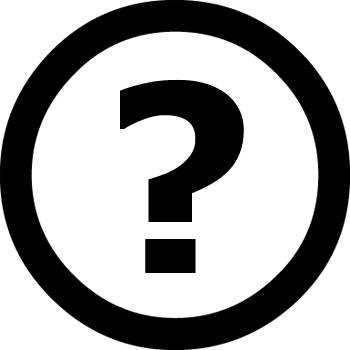
There are three key ways to make money through the internet: selling, recruiting, and pocketing. All of these methods can be found at various hyper–specialized places which is the source of all our income!
So which one should you focus your energy and efforts on?
The answer is: it depends. If you are looking to make a lot of money, recruiters and pocketbooks are your best bet. If you are more focused on your personal development, recruiters do the job better than pocketbooks.
But which one you choose will depend on your personal needs.
Keep track of your sales throughout the year
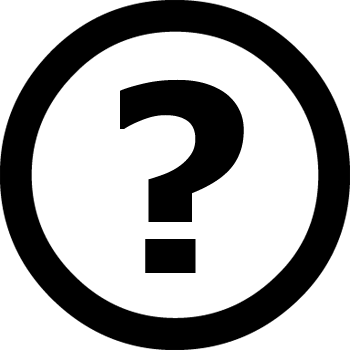
Sales can vary from month to month, especially if your business grows. It is important to keep track of your monthly sales so you can continue to grow in season and year.
Most companies calculate how much money they make in a yearly basis, and then they add additional payments for extra sales. For example, the company may report that they made $1,500 in sales last month but they may also report that they made $2,500 in sales because of their repeat customers.
It is important to keep track of your monthly sales so you can see how much has increased or decreased over the course of the year. This is important to notice as it can tell you if you are reaching your goals for the month or not.
Monthly sales are not always added on at the end of the month, so it is important to look into them during this period of time.
Use software to track sales and customers
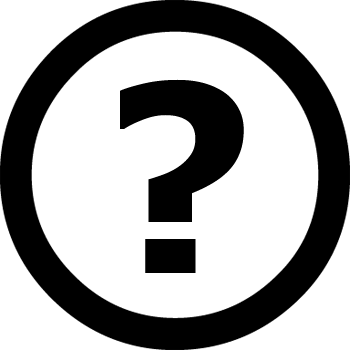
If you don’t have software to track your sales and customers, you can still manage to get a sense of what is going on with your business. Many businesses use sales tracking software to record their calls, messages, and interactions with customers.
By recording all of your interactions with customers, salesmen can see if they get any commitments from customers and whether or not those commitments come in the form of purchases.
Plus, this software can track who visits your website, where people go when they visit your site, and whether or not they make a purchase. By knowing these details, marketing staff can better market their business and send more sincere offers.
However, there are some things that the software does not record. For example, some apps don’t record what type of sale someone makes or how much they pay for it.
Talk to an expert for guidance
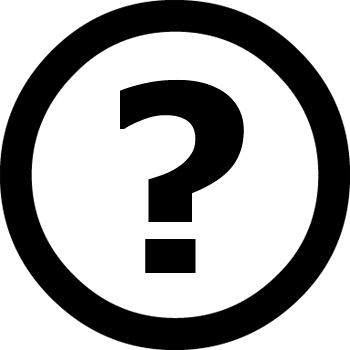
A sales force is not a constant amount of money-selling, money-buying, purchasing kind of team. A sales force has expert expertise in certain areas and uses that to influence customers to buy their product or service.
The expertise members of the team have can guide people through tactics such as case studies, video tutorials, email guides, and phone calls to help them sell their product or service.
This isn’t a complete list of what the team has to have. These are some of the things they can use to help drive traffic to their site or product. You will find some on your team, but it must be asked for help. It shows that they trust their team members enough to ask for help, which pulls out audience support.
Having an expert on your team will not only drive traffic to your website or product, it can also get people involved who want support but not money.


